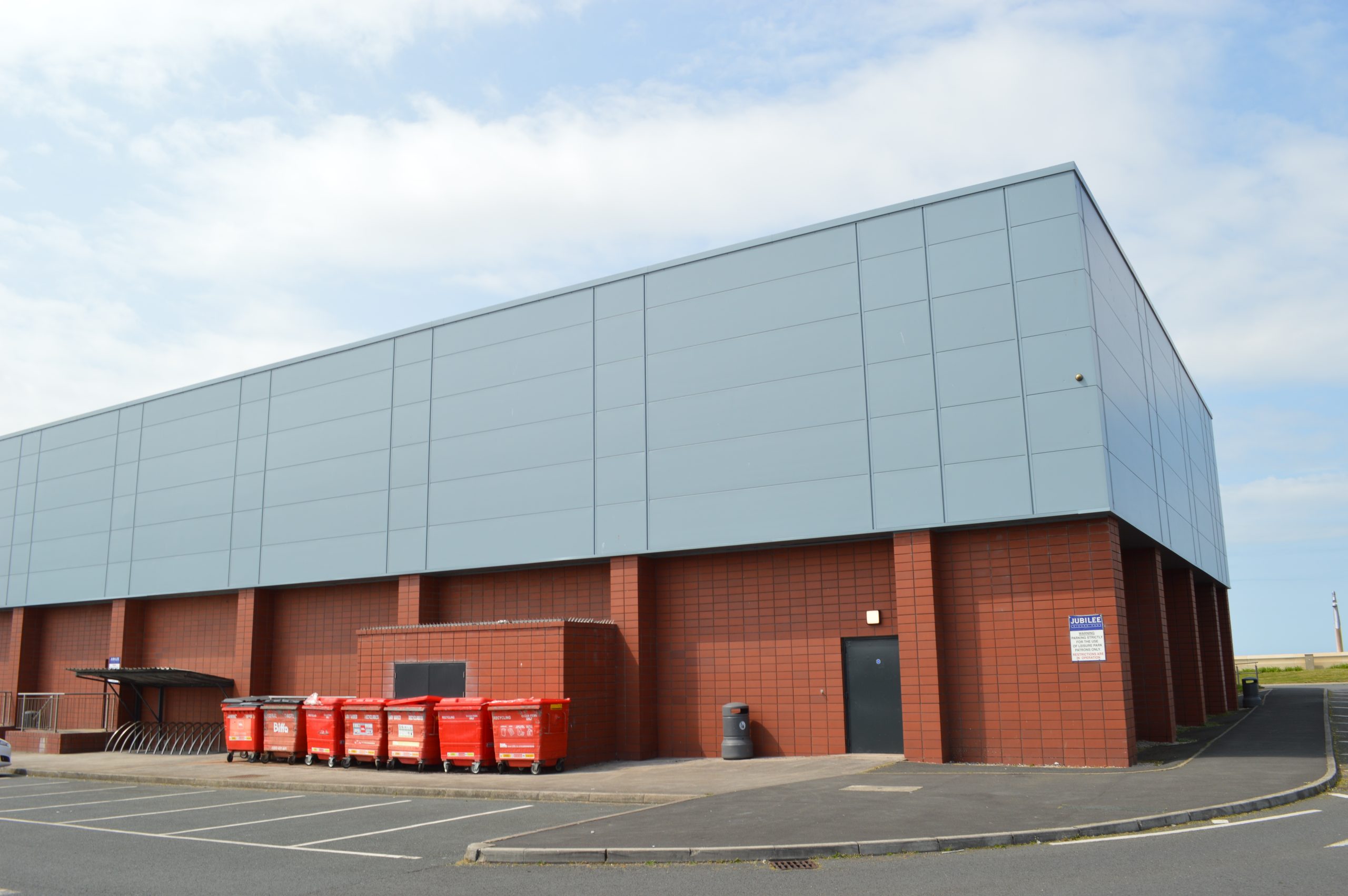How Can We Help You?
Please provide a few details below and we will respond to you as soon as possible.
Please provide a few details below and we will respond to you as soon as possible.
Metal cladding is a popular exterior design choice for buildings as it’s durable, long-lasting, and requires minimal maintenance. However, over time, metal cladding can start to deteriorate, especially in coastal locations. Deterioration can lead to a decline in the building’s aesthetic appeal and structural integrity. Luckily, there is a solution.
Metal cladding deterioration
Metal cladding deterioration can be caused by various factors, such as weathering, corrosion, pollution, or mechanical damage. Coastal locations, for example, are more prone to deterioration due to the salt in the air. As metal cladding starts to deteriorate, it loses its protective coating and becomes more susceptible to further damage. This could lead to rust, cracks, or holes. Deteriorating metal cladding is not only aesthetically unappealing, but it also poses safety risks to the building’s occupants.
Case study: Jubilee Park, Blackpool
The Jubliee Leisure Park in Blackpool comprises two buildings, the JD Gyms and Vue Cinema. Both buildings were still open to the public during the project, which posed a challenge for our teams. The location also added to the challenge, as the ever-changing weather and seaside conditions made it difficult to work with. Our teams worked meticulously to keep the disruption to a minimum to ensure public safety. The process started with preparing the cladding by cleaning it, removing any loose or peeling paint and then applying a new coating to transform the exterior.
The transformation: Once the cladding was prepared, the teams began applying the new coating. They used a specialist coating that was suitable for the coastal location and would provide long-lasting protection against environmental factors that cause deterioration. The new coating enhanced the building’s appearance, making it look clean and inviting. The results speak for themselves.
Restoring the deterioration
The process varies slightly for each project depending on the stage of deterioration and type of cladding but each building we work on requires careful preparation to ensure the surface is ready to receive the coating. Repair work is carried out to the parts that need it, followed by the application of paint coatings. By using specialist, high performance coating systems we ensure that the right system is used to match the cladding and environment, it also performs well and is guaranteed to last for over a decade.

Benefits of metal cladding restoration
There are several benefits to restoring metal cladding. For one, it’s more cost-effective than replacing the cladding altogether. Restoration also extends the life of the cladding, ensuring that it continues to protect the building. The restoration process also enhances the building’s appearance and curb appeal. It also ensures that it is safe for its occupants.
Metal cladding deterioration is a problem that can affect any building with metal cladding, especially in coastal locations. But, as our case study in Blackpool shows, restoration is a viable solution. With proper preparation and the right coating, deteriorating metal cladding can be transformed to look like new. Restoration is a cost-effective solution that restores the cladding’s protective properties, lengthens its lifespan, enhances the building’s appearance, and ensures its safety. If you are dealing with deteriorating metal cladding, be sure to contact qualified professionals to help.
Our professional teams operate nationwide and all roof and wall cladding coatings come with a minimum 10-year guarantee, providing long-lasting protection. With our experience and expertise, we deliver optimal results and use only the highest performing paint systems that create a superior, high-quality finish.

Gutters play a vital role in protecting industrial and commercial buildings from water damage. When they begin to fail through corrosion, joint failure, or general wear, the impact can be significant. Leaks, internal damp, cladding deterioration, and operational disruption are…